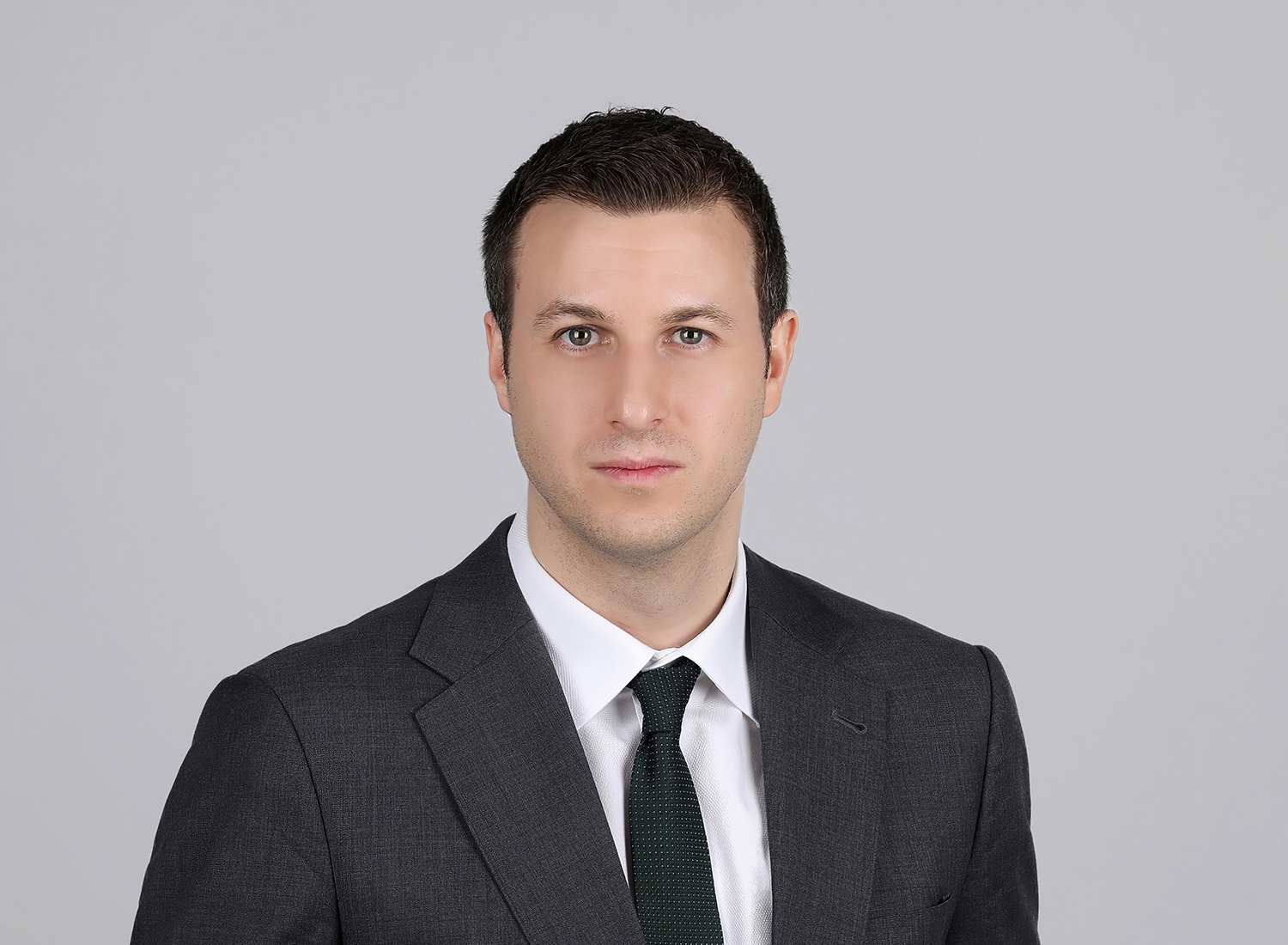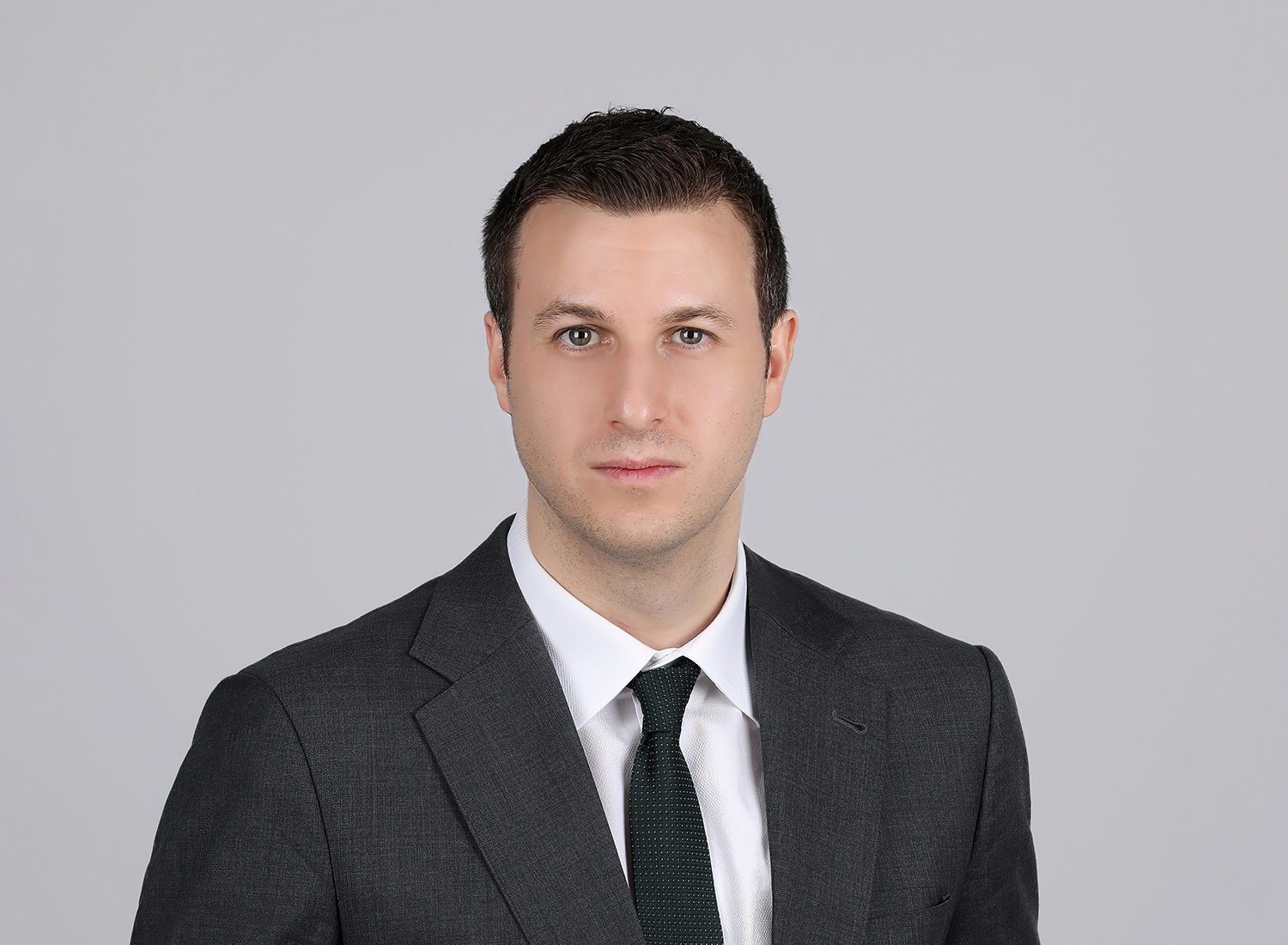
Daniel Pacic
Managing Director, Ogier Global, Dubai | Corporate and Fiduciary
Dubai

Daniel Pacic
Managing Director, Ogier Global, Dubai
Dubai
Nowhere is diversifying faster than the Middle East and corporates are queuing up to invest. Ogier Global looks at three of the region’s prime hotspots.
As the Middle East actively moves away from oil dependence, the commensurate rise in infrastructure, technology, and education investment in the region is making it one of the world’s most compelling corporate hubs. In terms of growth, pro-business regulation, strategic location and connectivity, the Middle East is stealing a march on its emerging market rivals, becoming the headquarters of choice for corporates wanting to take advantage of its young and growing consumer base and its emerging sectors in fintech, renewable energy, healthcare, and tourism.
On many indices, the region is moving up the rankings. The UAE and Saudi Arabia, in particular, have made significant jumps in this year’s influential ranking of the world’s most desirable places for foreign investors. Kearney’s 2024 Foreign Direct Investment Confidence Index, for instance, ranked the UAE eighth globally and Saudi Arabia 14th, both rising 10 places from 2023.
Corporate Treasurer examines three Gulf Cooperation Council (GCC) countries—United Arab Emirates (UAE), Saudi Arabia, and Qatar—and the factors making them hotspots for corporate growth. Daniel Pacic, managing director at Ogier Global in Dubai, spoke to Corporate Treasurer (CT) about why corporates should consider setting up in the region.
The establishment of special economic zones and free zones offer tax benefits, full foreign ownership, and other incentives.
The UAE currently has more than 40 of these free zones, such as the Dubai Multi Commodity Centre (DMCC), Abu Dhabi Global Markets (ADGM), and Dubai HealthCare City, all of which offer significant business advantages. “These free zones provide streamlined company formation processes, specialised infrastructure, and support services tailored to various industries, making them an ideal choice for companies,” Pacic told CT.
Additionally, specific free zones offer a 0% tax rate on qualifying income. Incentives like 100% foreign ownership, other tax exemptions, full capital repatriation, and quick incorporation are increasing attractiveness for free zones.
Aside from the UAE’s zero tax on personal income, the 9% corporate income tax introduced in 2024, and a flat 5% VAT since 2018 have been a big draw for corporates.
Other liberal regulations include the Ultimate Beneficial Owner (UBO) concept – a regulatory framework designed to enhance transparency and combat money laundering and terrorism
financing by identifying and disclosing the ultimate beneficial owners of companies. The Economic Substance Regulations, meanwhile, have provided critical alignment with other jurisdictions. Designed to ensure that entities incorporated in the UAE have substantial activities and economic presence in the country, these regulations were introduced to comply with the European Union’s requirements and to align with global standards to prevent harmful tax practices.
Corporates, meanwhile, have responded positively. “The Department of Economy and Tourism issued nearly 24,000 new business licenses in the first quarter of this year alone,” noted Zamora. Bhana said that foreign entrepreneurs can now open a mainland limited liability company (LLC) in Dubai with 100% ownership, eliminating the previous requirement for a UAE national sponsor.
The UAE’s Ministry of Economy has also launched the thabat program to promote entrepreneurship and empower family businesses, aiming to increase their contribution to US$320 billion by 2032.
For Pacic, the advantage of running a business in the Middle East is that it provides access to an extended geography under the Gulf Cooperation Council (GCC). “This alliance provides a unified legal framework, simplifying economic, political, and military coordination,” he stated. For businesses, this means straightforward registration processes, favourable investment rules, and tax incentives across multiple GCC countries, he says. “Initiatives like the Workforce Protection Program allow companies to reinvest bank guarantees back into their businesses, fostering growth and innovation,” Zamora adds.
Recent changes in employment law at the Dubai International Financial Centre (DIFC) are also noteworthy. The DIFC Employee Workplace Savings (DEWS) fund, effective from August, replaces the end-of-service gratuity system with a portfolio of global funds for investment. “The DEWS fund enhances the overall attractiveness of the DIFC as a business hub by providing employees with a secure and flexible way to save for their retirement,” Zamora says.
Overall, the GCC countries are characterised by low crime rates and high levels of safety.
Strict legal frameworks, efficient law enforcement, and substantial investments in security infrastructure have contributed to this secure environment. While each country has its specific nuances, they all share a commitment to maintaining public safety and security.
The UAE’s robust legal and regulatory framework, supported by financial centres like the DIFC and ADGM operating under independent English common law-based regulations, are providing the stability and transparency essential for business operations. The integration of common law principles into the legal frameworks of GCC countries is an important aspect for foreign investors, as it often provides a more familiar and predictable legal environment. “These financial centres offer a stable legal environment, crucial for businesses,” noted Bhana.
While Dubai has garnered attention for its favourable policies, the Middle East offers diverse advantages across key regions. Saudi Arabia is the largest market in the Middle East and is providing significant untapped potential. With notable improvements in its World Bank Ease of Doing Business ranking, the Kingdom’s Vision 2030 policy aims to diversify its economy, increase the GDP contribution of small businesses and boost foreign direct investment. Zamora highlighted Saudi Arabia’s evolving entrepreneurship culture and substantial market size as key attractions for startups.
Qatar’s Vision 2030 also aims to transform the nation into an advanced society with a focus on sustainable development. The Qatar Financial Centre (QFC) facilitates access to the broader Middle East market, offering favourable tax treaties and a platform for diverse economic activities. The country’s emphasis on sectors beyond oil and gas, such as tourism, sports, and education, aligns with its goal to diversify the economy, Zamora noted.
Moreover, GCC countries offer flexible long-term residencies to attract top talent and entrepreneurs, high- net-worth individuals, hedge funds, and other investors.
As the region aims to diversify its economy from oil dependency, fintech has become a focal point for policymakers and Egypt, Saudi Arabia and the UAE are emerging as fintech hubs.
According to McKinsey fintech revenues are expected to increase from $1.5 billion in 2022 to $3.5–$4.5 billion by 2025 in the Middle East, North Africa, and Pakistan region as fintech in the banking sector grows from less than 1% to 2–2.5%. Increased consumer demand from a young and mobile-first consumer base, high levels of internet penetration, and investments in digital infrastructure, such as data centres and communication networks, have created favourable conditions for fintechs to grow and thrive.
Several GCC countries have introduced comprehensive regulatory frameworks fostering innovation. The United Arab Emirates (UAE) recently issued Sandbox and Open Finance regulations represent an example of the region’s efforts to foster an investor-friendly fintech ecosystem.
Some challenges, however, still need to be addressed.
Businesses in some jurisdictions still need a local sponsor or partner and, according to Zamora, businesses need to be mindful of the Middle East’s distinctive culture. “Understanding and respecting local culture is not just important; it’s crucial.” Pacic adds. “Deciding whether to set up your business in a free zone or on the mainland can be challenging, especially if you are new to the UAE market. “Additionally, establishing operational companies with the Department of Economic Development (mainland) often involves obtaining third-party approvals, depending on the nature of the activity.”
The cost of living, especially in Dubai and Abu Dhabi, can also prove to be problematic as the cities become a victim of their own success. Rents in both emirates have been on the rise after the pandemic due to the influx of foreign professionals and high-net-worth individuals. Dubai’s red-hot rental market has seen prices more than double in some communities post-pandemic
According to data from the Dubai Land Department, the number of rental registrations in the year to date to May 2024 reached a total of 255,178, marking an increase of 5.9 per cent compared to the year prior.
This article was originally published by the Corporate Treasurer in July 2024
Ogier is a professional services firm with the knowledge and expertise to handle the most demanding and complex transactions and provide expert, efficient and cost-effective services to all our clients. We regularly win awards for the quality of our client service, our work and our people.
This client briefing has been prepared for clients and professional associates of Ogier. The information and expressions of opinion which it contains are not intended to be a comprehensive study or to provide legal advice and should not be treated as a substitute for specific advice concerning individual situations.
Regulatory information can be found under Legal Notice
Sign up to receive updates and newsletters from us.
Sign up